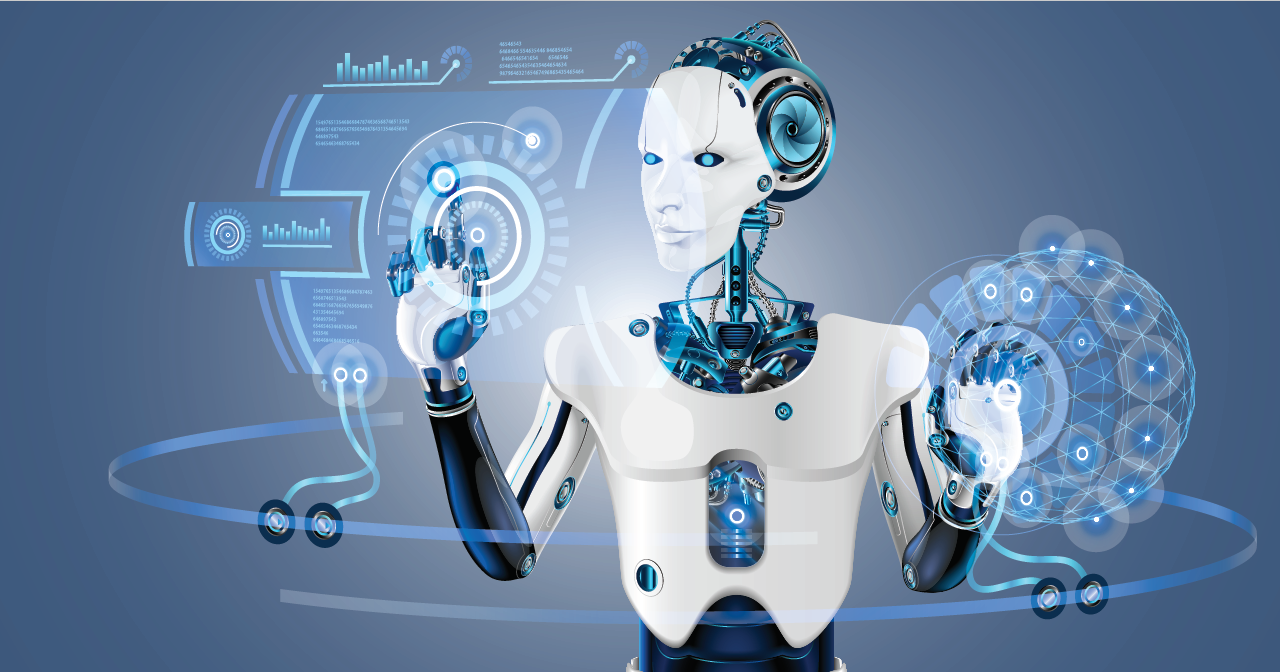In a time of technological advancement and innovation the world has witnessed a paradigm-shifting change in the way that industries work. Major players in various sectors have taken advantage of the potential of robots and automation to streamline processes, enhance productivity and gain a competitive edge on the market. The field of robotics lies at the center of this transformation. It encompasses the design as well as integration and the installation of robot solutions across various industries.
Understanding Robotics and Its Applications
Robotics is an science and engineering discipline that concentrates on the design, development, construction operations, use and maintenance. Robots are machines that execute tasks on their own or with human supervision. These machines are designed to execute repetitive or intricate actions frequently in environments which pose risks or challenges for humans.

Robotics encompasses more than automation. It encompasses a wide range of applications that are designed to change industries and enhance the lives of humans. From healthcare and manufacturing to entertainment and logistics, robots are finding their way into many different areas, providing many possibilities for innovation.
The Rise of Automation – A Paradigm Change
Automation, particularly robotic automation, is at the core of modern industrial revolution. Incorporating automated systems into companies has changed how they operate. This has improved processes and improved efficiency. Automation is the process of creating robots or machines that can perform tasks with minimal or no human involvement, using technology to enhance speed, precision and efficiency.
The process of employing robots to help automate tasks that have traditionally been completed by human beings. These robots can mimic human movements, which makes them an asset that can be used in a variety of industries. Robots are changing how people work.
Robotic Process Automation: A Revolutionary Efficiency
Robotic Process Automation (RPA) is an automation subset, involves robots automating routine tasks based upon the rules of business processes. RPA utilizes software robots or “bots”, to perform routine tasks. Human employees are able to concentrate on more challenging tasks.
Integrating RPA into business processes has proved to be a game changer, bringing agility, accuracy, and cost-efficiency to a variety of sectors. From invoicing and data entry to customer service and HR processes, RPA is reshaping workflows and elevating the overall efficiency of companies.
Fanuc Robots – a new way to innovate industries
One of the most prominent players in the robotics industry is Fanuc which is a leading company that specializes in the design, integration and installation of robotics to serve a range of industries. Fanuc robots are renowned for their accuracy, reliability as well as their versatility, making them the preferred choice in different industries.
Fanuc Robots are revolutionizing industries. The robots are designed to improve productivity, boost the efficiency of operations and keep high standards of quality. Additionally, Fanuc’s revolutionary solutions are designed with a focus on increasing safety by eliminating workers from hazardous jobs.
Fanuc Advantage: Boosting competitiveness
Fanuc robots offer industries an advantage in market. Fanuc’s robotic solutions are efficient and productive, resulting in a greater return on investment. Automating repetitive, labor intensive tasks enables companies to redirect their resources to tasks that require a lot of creativity and problem-solving.
Fanuc also provides robotized solutions that are tailored to the specific needs of each industry. The innovative approach of Fanuc in the design and implementation of robots allows companies to adjust quickly to the changing demands of markets to stay ahead of rivals, and attain sustainable growth.
Future A glimpse
Robotics and automation are likely to continue to develop as technology improves. The future may bring enhanced artificial intelligence, improved sensors, and increased collaboration between humans and robots that will result in an easier and more efficient working environment.
Conclusion: The integration of robotics with automation, such as Robotic Process Automation (RPA) and Fanuc Robots, revolutionizes industries and propels them into the next century. The efficiency gains gained from robots have enabled businesses to not only thrive in today’s competitive world, but also open new frontiers of innovation. As we stand at the threshold of a new era, the role of automation and robotics will certainly continue to shape the environment we live in.
